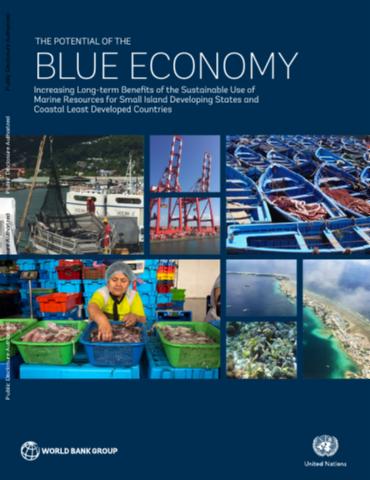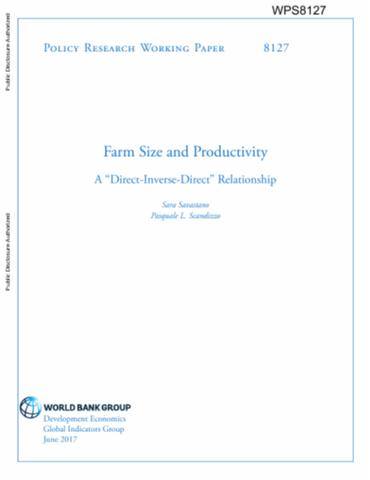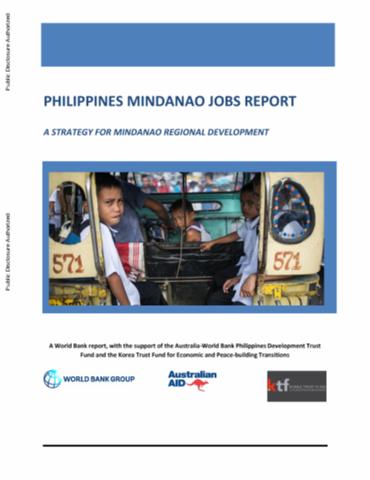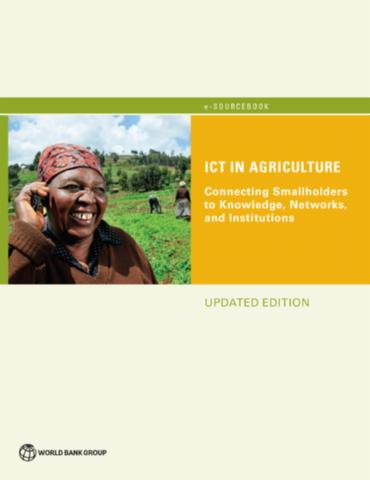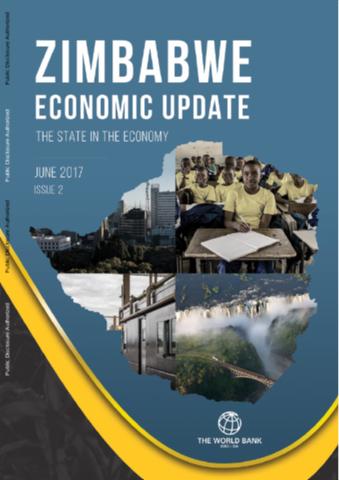The World Bank is a vital source of financial and technical assistance to developing countries around the world. We are not a bank in the ordinary sense but a unique partnership to reduce poverty and support development. The World Bank Group has two ambitious goals: End extreme poverty within a generation and boost shared prosperity.
- To end extreme poverty, the Bank's goal is to decrease the percentage of people living on less than $1.25 a day to no more than 3% by 2030.
- To promote shared prosperity, the goal is to promote income growth of the bottom 40% of the population in each country.
The World Bank Group comprises five institutions managed by their member countries.
The World Bank Group and Land: Working to protect the rights of existing land users and to help secure benefits for smallholder farmers
The World Bank (IBRD and IDA) interacts primarily with governments to increase agricultural productivity, strengthen land tenure policies and improve land governance. More than 90% of the World Bank’s agriculture portfolio focuses on the productivity and access to markets by small holder farmers. Ten percent of our projects focus on the governance of land tenure.
Similarly, investments by the International Finance Corporation (IFC), the World Bank Group’s private sector arm, including those in larger scale enterprises, overwhelmingly support smallholder farmers through improved access to finance, inputs and markets, and as direct suppliers. IFC invests in environmentally and socially sustainable private enterprises in all parts of the value chain (inputs such as irrigation and fertilizers, primary production, processing, transport and storage, traders, and risk management facilities including weather/crop insurance, warehouse financing, etc
For more information, visit the World Bank Group and land and food security (https://www.worldbank.org/en/topic/agriculture/brief/land-and-food-security1
Resources
Displaying 116 - 120 of 4907The Potential of the Blue Economy
This report was drafted by a working group of United Nations entities, the World Bank, and other stakeholders to suggest a common understanding of the blue economy; to highlight the importance of such an approach, particularly for small island developing states and coastal least developed countries; to identify some of the key challenges its adoption poses; and to suggest some broad next steps that are called for in order to ensure its implementation.
Farm Size and Productivity
This paper proposes a new interpretation of the farm size-productivity relationship. Using two rounds of the Ethiopian Rural Household Survey, and drawing on earlier work on five countries in Sub-Saharan Africa, the paper shows that the relationship between farm size and productivity is neither monotonic nor univocal. Most previous studies that tested the inverse farm size-productivity relationship used ordinary least squares estimation, therefore reporting parameter estimates at the conditional mean of productivity.
Philippines Mindanao Jobs Report
This report adds value because its inclusive approach of engaging with a broad-based group of stakeholders at the time of both analysis and engagement has served a means of building support for needed reforms. The goal was to generate ownership among Mindanawons through consultations which were guided by mostly local technical experts. For the analysis, the World Bank partnered with leading universities, think tanks, experts, and nongovernmental organizations (NGOs). Some 90 percent of the extended team came from within Mindanao, and they contributed more than 40 background papers.
ICT in Agriculture (Updated Edition)
Information and communication technology (ICT) has always mattered in agriculture. Ever since people have grown crops, raised livestock, and caught fish, they have sought information from one another. Today, ICT represents a tremendous opportunity for rural populations to improve productivity, to enhance food and nutrition security, to access markets, and to find employment opportunities in a revitalized sector. ICT has unleashed incredible potential to improve agriculture, and it has found a foothold even in poor smallholder farms.
Zimbabwe Economic Update, June 2017
Zimbabwe’s economy grew by 0.7 percent in 2016 despite the combined effect of the El Nino drought and domestic financial turmoil. The drought reduced agricultural output and increased food prices towards the end of the year, despite the government’s efforts to boost production and stabilize prices. The public provision of agricultural inputs, the creation of food-for-work programs, and the establishment of price supports for staple foods accentuated the government’s expansionary fiscal-policy stance.






